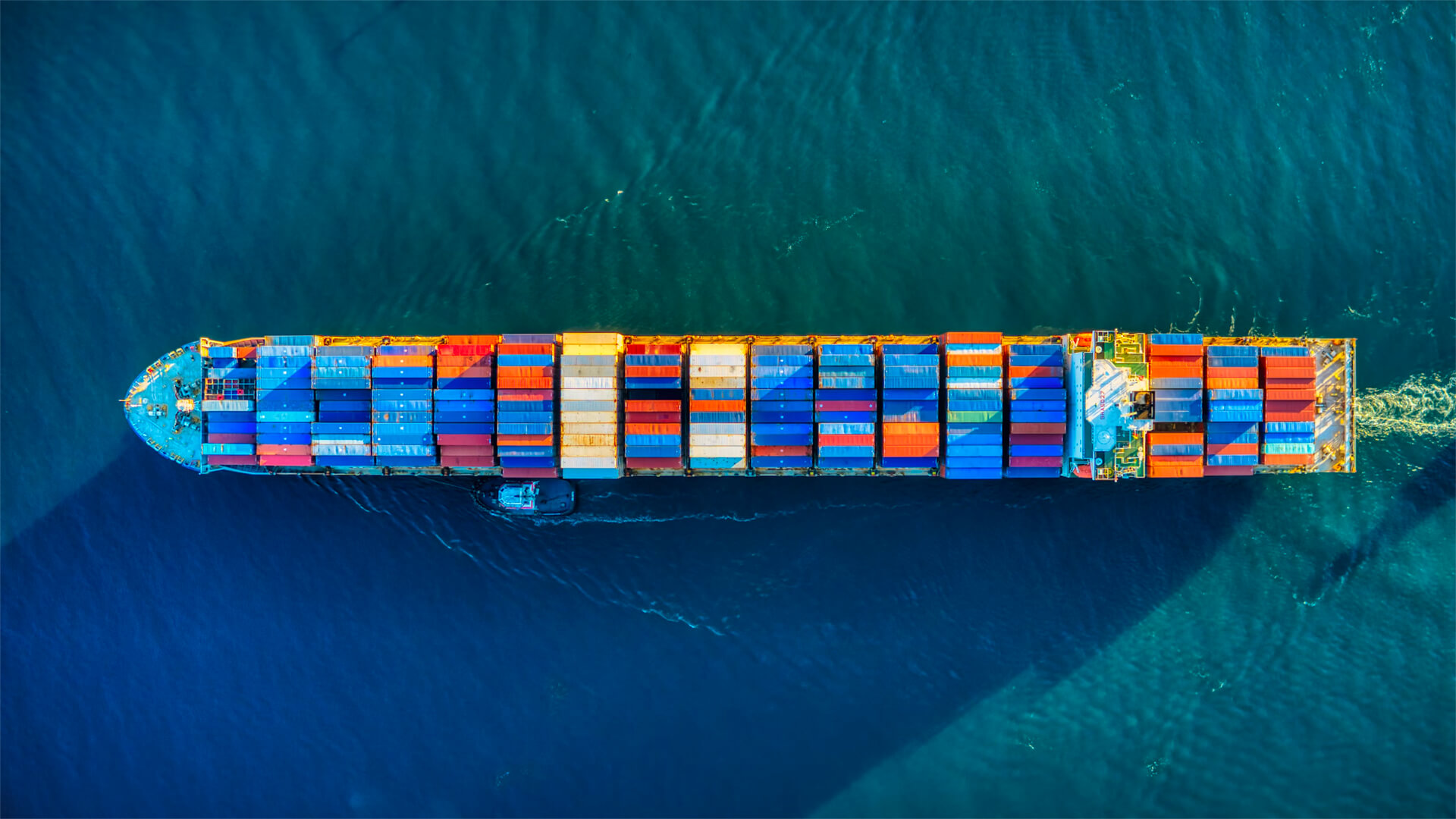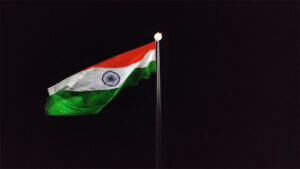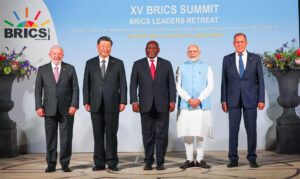Today we’re talking about the Indians and pirates – sorry sports fans, not those ones. India launched a successful counter-piracy operation off the coast of Somalia, which has helped reaffirm its global strategic importance, but raised some eyebrows in the process.
India has a unique geopolitical position: they have an ultra-nationalist view on trade and an extreme reluctance to integrate with other nations. If you look back to the Cold War era, partnerships with Russia have left a bitter taste in the Indian’s mouths.
So, India will be pursuing its own economic path, independent of outside forces. As they look to double the size of their industrial plant, what they lack in quality, they’ll make up for in a market of 1.5 billion people.
The eyebrow raising portion of all this is that it means India could launch its own piracy operations. Meaning India will likely be the de facto controller of trade in the Indian Ocean Basin – a critical route for oil transport.
Other countries will have to find ways to work around this new obstacle, and financial incentives are probably going to be the best option. The US is far enough removed to take a hands-off approach and let the Indian’s determine the future geopolitical landscape of this region.
Here at Zeihan On Geopolitics we select a single charity to sponsor. We have two criteria:
First, we look across the world and use our skill sets to identify where the needs are most acute. Second, we look for an institution with preexisting networks for both materials gathering and aid distribution. That way we know every cent of our donation is not simply going directly to where help is needed most, but our donations serve as a force multiplier for a system already in existence. Then we give what we can.
Today, our chosen charity is a group called Medshare, which provides emergency medical services to communities in need, with a very heavy emphasis on locations facing acute crises. Medshare operates right in the thick of it. Until future notice, every cent we earn from every book we sell in every format through every retailer is going to Medshare’s Ukraine fund.
And then there’s you.
Our newsletters and videologues are not only free, they will always be free. We also will never share your contact information with anyone. All we ask is that if you find one of our releases in any way useful, that you make a donation to Medshare. Over one third of Ukraine’s pre-war population has either been forced from their homes, kidnapped and shipped to Russia, or is trying to survive in occupied lands. This is our way to help who we can. Please, join us.
TranscripT
Hey everybody. Peter Zeihan here coming to you from the winter wonderland that is Colorado after a snow storm. It is the 8th of January. And the news today is that the Indian navy has successfully engaged in a counter pirate operation and freed a vessel with a majority Indian crew from pirates off the coast of Somalia. This is nearly at the outer reach of what the Indians can reach, which the rebel forces and counter-piracy operations are always lots of no fun for everyone.
And so this is a pretty important tactical victory. And I think it underlines the role that I see India playing in the region in the future. Now, India is not like any other country in the world. It’s certainly not like the United States. They have a very nationalist view of trade and they don’t like to integrate with anyone.
And they are an ideology vehicle, opposition to globalization because it was American led and during the Cold War, the Indians tended to be more pro-Soviet to the point that even when the Soviet Union wasn’t around anymore, the Indians tended to be fairly pro-Soviet. But we’ve seen this weakening in that position over the course of the Ukraine were not because they’re having a change of heart, but because they’re realizing that all of the billions of dollars that they spent on developing joint weapons systems with the Russians was basically stolen.
And they’re never going to get any of it. So the Indians, from a national security point of view, are increasingly going their own way. That may include some deals here and there with the United States, but those will be tactical, not strategic. And it’s going to be a very l’écart experience, as opposed to, say, the American relationship with Japan or with Australia or even with Saudi Arabia.
India is going to do its own things for its own ways. Also, India doesn’t really like anyone and there aren’t a lot of countries out there that like India, so they won’t be partnering with anyone else in economic matters for manufacturing. They’re going have to do more or less the same thing that the U.S. is going to have to do as the Chinese system breaks down.
And that means doubling the size of their industrial plant. But they’re not going to have a joint manufacturing system with Bangladesh or with Pakistan or Sri Lanka or with Iran or with Myanmar. And those are all the countries that the border. So India’s industrial plant is going to expand massively, but it’s all going to be in India. That will affect quality issues, of course.
But, you know, India is a market with 1.5 billion people. I think they’re going to deal with that just fine. What that does mean, however, is their threshold for military action is going to be very, very low compared to a lot of other countries because they’re not integrated with anyone. They’re also the first major stop for oil going out of the Persian Gulf to East Asia, which is where it almost all goes.
And now the Indians have conclusively demonstrated that they’re capable of doing anti pirate operations. Well, not to put too fine a point on it, but if you’re good at anti pirate operations, you’re also, by default, very good at pirate operations. So now that the Indians are not beholden anyone, and now that we are seeing a breakdown in the Chinese system, we’re going to see the Indians taking that de facto control, the de facto management of any trade that happens to come through the Indian Ocean Basin, and that includes the world’s largest oil transport route.
So the issue for everyone else in the area is whether or not you can find a way of dealing with the Indians. And to be perfectly blunt, the best way to do that is cold, hard cash, because the Indians are otherwise more or less going to be self-sufficient in the world that we’re going to, and no one can reach them.
They’re literally a continent away from all the other potential players. And as for the United States, if we have an India that is a little bit that’s the best word, persnickety in its own region, that’s fine, because there aren’t a lot of U.S. interests that pass through that region in a post China scenario. So this is just where we’re headed.
And the Indians very clearly are a step ahead of everyone else.








